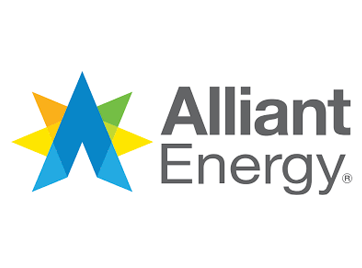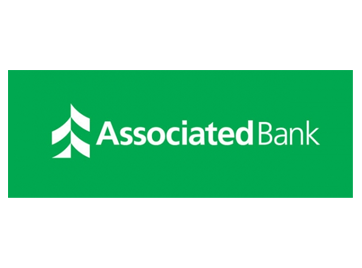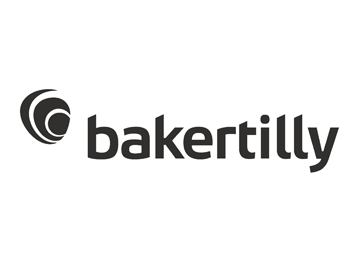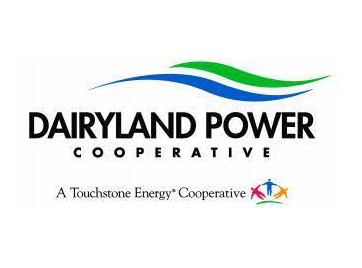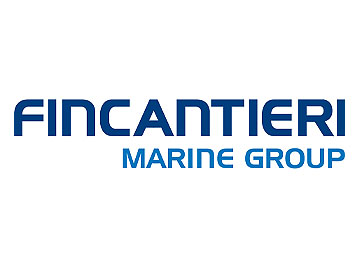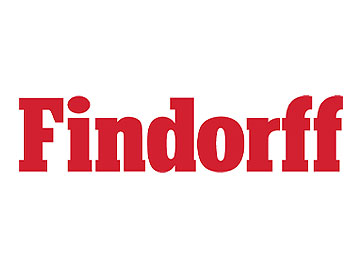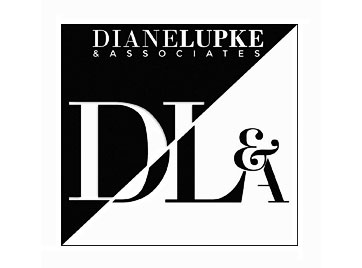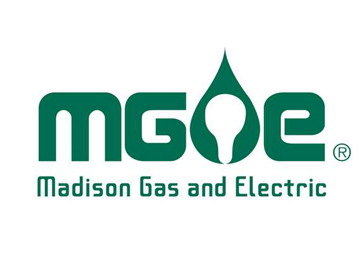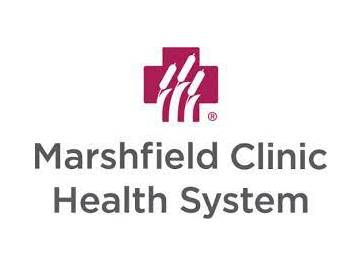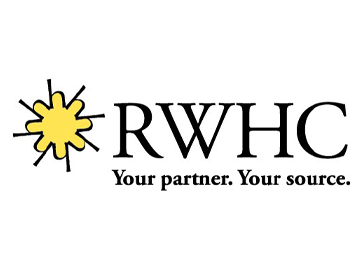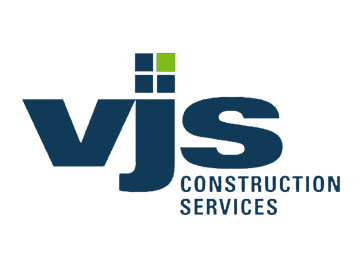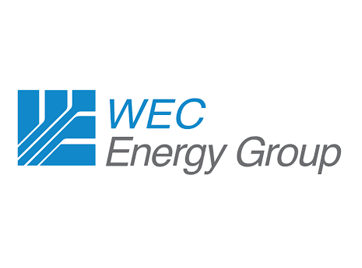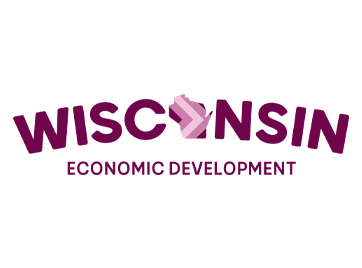Yesterday afternoon WEDA’s Government Affairs Team received some good, albeit expected news regarding the state budget bill. Most importantly, the budget provision that would have significantly diminished the value of tax incremental financing as an economic development tool will be removed from the bill.
Each budget session, prior to the Joint Finance Committee’s work to reshape the budget bill, the Legislative Fiscal Bureau releases a list of non-fiscal policy items included in the budget that the agency recommends be removed from the spending bill.
The Fiscal Bureau released this session’s non-policy item list yesterday, and the co-chairs of the Finance Committee released an expanded list of all items that will be immediately removed from the Governor’s 2019-21 budget bill (AB 56 / SB 59) in the Committee’s first budget motion. Items to be removed that are of interest to WEDA include:
- TOP WEDA BUDGET PRIORITIES
- The provision to limit Tax Incremental Financing (TIF) developer grants to 20 percent of a TIF district’s total project costs. WEDA strongly opposed this proposal.
- The provision to limit the manufacturing portion of the Manufacturing and Agriculture Tax Credit to only apply to the first $300,000 in qualified production income. WEDA strongly opposed this proposal.
- The provision to cap the Enterprise Zone Tax Credit program to a total of 35 zones statewide. WEDA strongly opposed this proposal.
- OTHER ITEMS OF NOTE
- The provision to require TIF project plans to contain “stress tests” in their financial projections so that local governments better understand the risks of TIF utilization if projects fail to materialize as promised.
- The provision to eliminate the Wisconsin Career Creator Program that is scheduled to provide $20 million in workforce training funding in the upcoming biennium.
- The provision to increase the minimum wage (from 7.25 per hour) to $8.25 in 2020, $9.00 in 2021, and an additional 75-cents per year in the next biennium.
- The provision to restore the state’s prevailing wage law for state and local projects of public works.
- The provision to eliminate Wisconsin’s “right to work” law.
- The provision to transfer the following grant programs from the Department of Workforce Development to the Department of Public Instruction: career and technical education incentive grants, career and technical education completion awards, technical education equipment grants, and teacher training, recruitment and development grants.
- The provision to require WEDC to post a searchable database of all final contracts and amendments to contracts on its website within 30 days of the finalization of such contracts or the amendment to such contracts.
- The provision to require WEDC to report only the creation and retention of those jobs that meet the salary, benefit and other requirements of the programs for which they are being reported.
- The provision to require WEDC to implement certain contracting requirements and underwriting review.
- The provision to close the Dark Store property tax loophole in Wisconisn. WEDA supports this provision. Although it will be removed from the budget bill, a stand-alone bill has been introduced for consideration by lawmakers.
- The provision to modify the valuation factor under county and municipal levy limits to allow county and municipal governments to increase levies by the greater of the percentage change in equalized value due to new construction or 2 percent, beginning with levies set in 2019.
While this is certainly favorable news and a good start to the budget process, things can and do change as the process unfolds, so WEDA will need to remain vigilant as the committee works on economic development-related issues. The Joint Finance Committee will begin voting on (and modifying) the budget bill on May 9.


